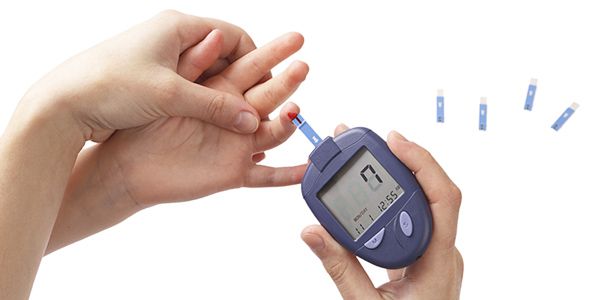The way parents interact with their chronically ill children could be the key to better treatment and better results.
Researchers from The University of Queensland’s Triple P – Positive Parenting Program believe parents can improve health outcomes simply by interacting with their children differently, particularly around their medical treatment.
They are trialling a parenting program they hope can directly impact treatment for children with type 1 diabetes, with free sessions open to parents of children with the condition aged 2 to 10.
Principal researcher and deputy director of UQ’s Parenting and Family Support Centre, Dr Alina Morawska, says parents’ responses when a child resists treatment is a known influence on whether or not the family follows through with treatments at home.
“Unfortunately, day-to-day management of type 1 diabetes is complicated and onerous, especially for parents struggling with behaviour problems in their children,” Dr Morawska said.
“Our research seeks to find out if simply changing the way that parents interact with their children can have a direct influence on the health outcomes of chronically ill kids,’’ she said.
Children with Type 1 diabetes require meticulous “glycemic control” through insulin injections or an insulin pump, and through changes to diet and exercise.
This is to prevent serious short-term complications such as low and high blood glucose levels, both of which can be fatal. Long-term complications include blindness and damage to kidneys, nerves and heart.
The trial program is designed to help parents adjust to the day-to-day stress of raising a child with type 1 diabetes. It offers practical ideas which might help in a variety of situations, including when children resist treatment.
International research is being conducted in collaboration with the University of Manchester and Glasgow Caledonian University while researchers from Queensland’s Lady Cilento Children’s Hospital are collaborating in the Australian trial.
The free sessions are for parents of children aged 2 to 10 years with type 1 diabetes.
Families can register to participate in the Positive Parenting for Health Living with Type 1 Diabetes trial here.
(Source: The University of Queensland)










